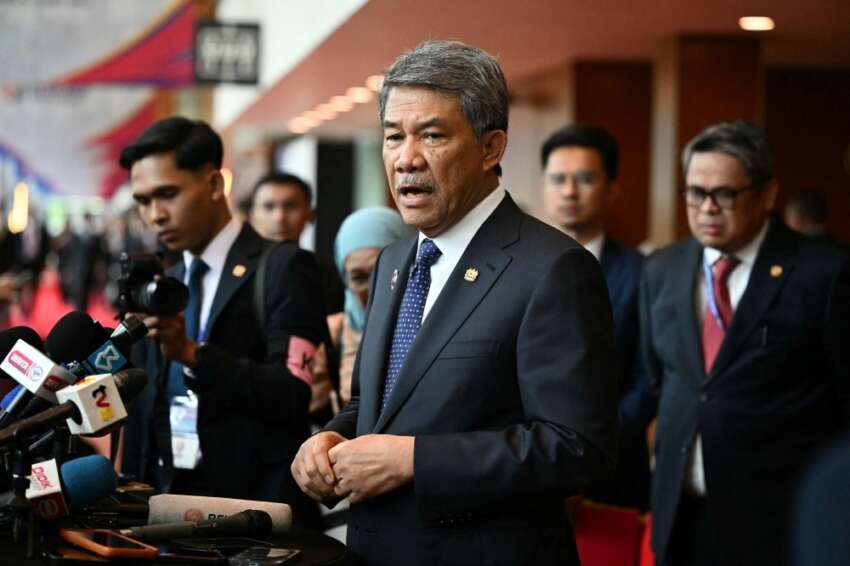
ASEAN Chair and Malaysian Foreign Minister Datuk Seri Mohamad Hasan has reaffirmed that Timor-Leste will be officially accepted as a new ASEAN member in October, despite objections from Myanmar’s military council. He also emphasized that the election being planned by Myanmar’s military council is not a priority in ASEAN’s approach to resolving the Myanmar crisis. The minister stressed that if an election were to be held in military-controlled Myanmar, it must include participation from all relevant stakeholders.
Currently, the Myanmar military council is detaining political opposition figures while preparing for elections, which the international community criticizes as an attempt to legitimize and extend military rule. ASEAN has repeatedly urged the military council to fully implement the Five-Point Consensus, but no significant progress has been made to date. The military’s preparations for elections while keeping political opponents imprisoned is widely seen as a move to legitimize their control and extend their grip on power.
During the 58th ASEAN Foreign Ministers’ Meeting held in Malaysia, the admission of Timor-Leste as a new member was discussed. The Myanmar military council had sent a letter to the ASEAN Chair requesting the suspension of Timor-Leste’s membership process, claiming that Timor-Leste’s engagement with the National Unity Government (NUG) violates ASEAN’s principle of non-interference in internal affairs. However, ASEAN has rejected this objection. The decision to accept Timor-Leste as a new member was already made during the ASEAN Summit in May, and preparations for official membership are currently underway.
Timor-Leste has secured support for its ASEAN membership bid not only from the current ASEAN Chair Malaysia but also from Indonesia and other ASEAN member states. The confirmation of Timor-Leste’s acceptance as a new member in October comes as a clear indication of ASEAN’s unified position on this matter, despite the military council’s opposition. This development also reflects ASEAN’s broader stance on Myanmar, where the regional bloc continues to prioritize inclusive dialogue and peaceful resolution over the military council’s unilateral actions.



